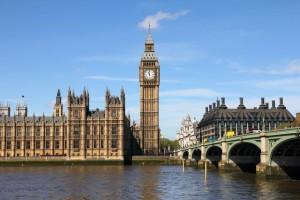A question on the progress of a government review into funding of extremist interpretations of Islam was the subject of a debate in the House of Lords earlier this week.
A Government review announced by the Prime Minister last year is scheduled to report back by spring 2016. Analysts across government departments are looking into sources of funding, which include those from overseas.
A government commissioned report last year into Islamist organisations concluded:
“Muslim Brotherhood ideology and tactics, in this country and overseas, are contrary to our values and have been contrary to our national interests and our national security.”
In questions in the Lords, Lord Singh of Wimbledon the Director of the Network of Sikh Organisations asked Her Majesty’s government:
“My Lords, when we talk about Islamic extremism, should we not attempt to be more precise in what we are talking about? There are passages in the Koran that might have been relevant to the time when the infant Muslim community was under siege from all sides but may not be so relevant today.”
He went on, “It is important that those passages be put in the context of today. Should the Government not be working with Muslim leaders to that end”
Other contributors to the debate included the Archbishop of Canterbury.



